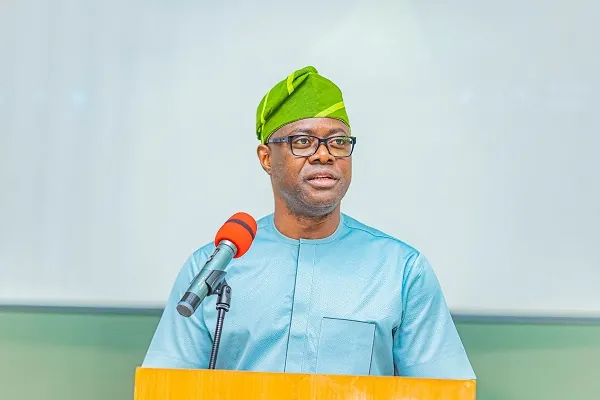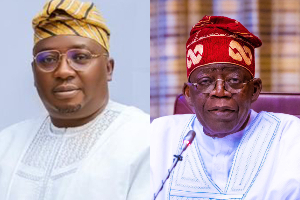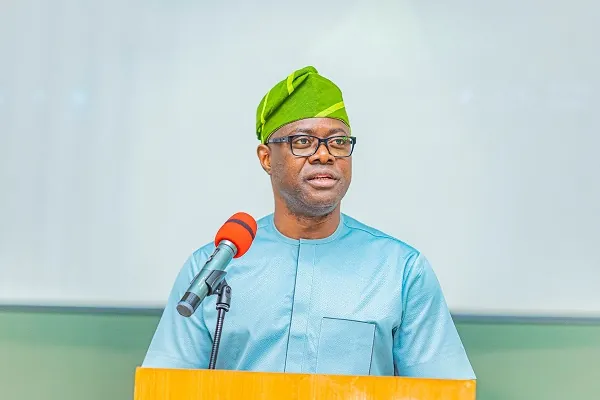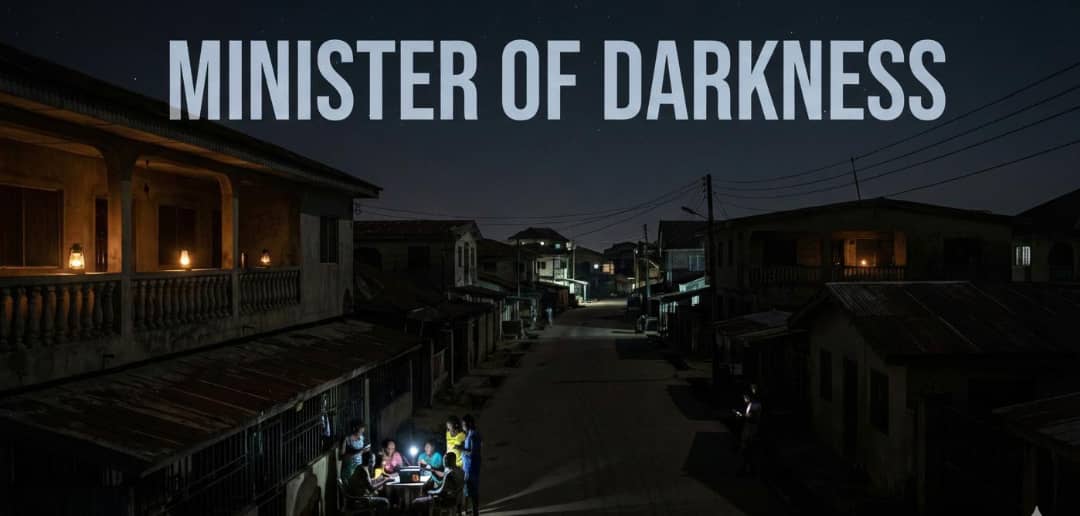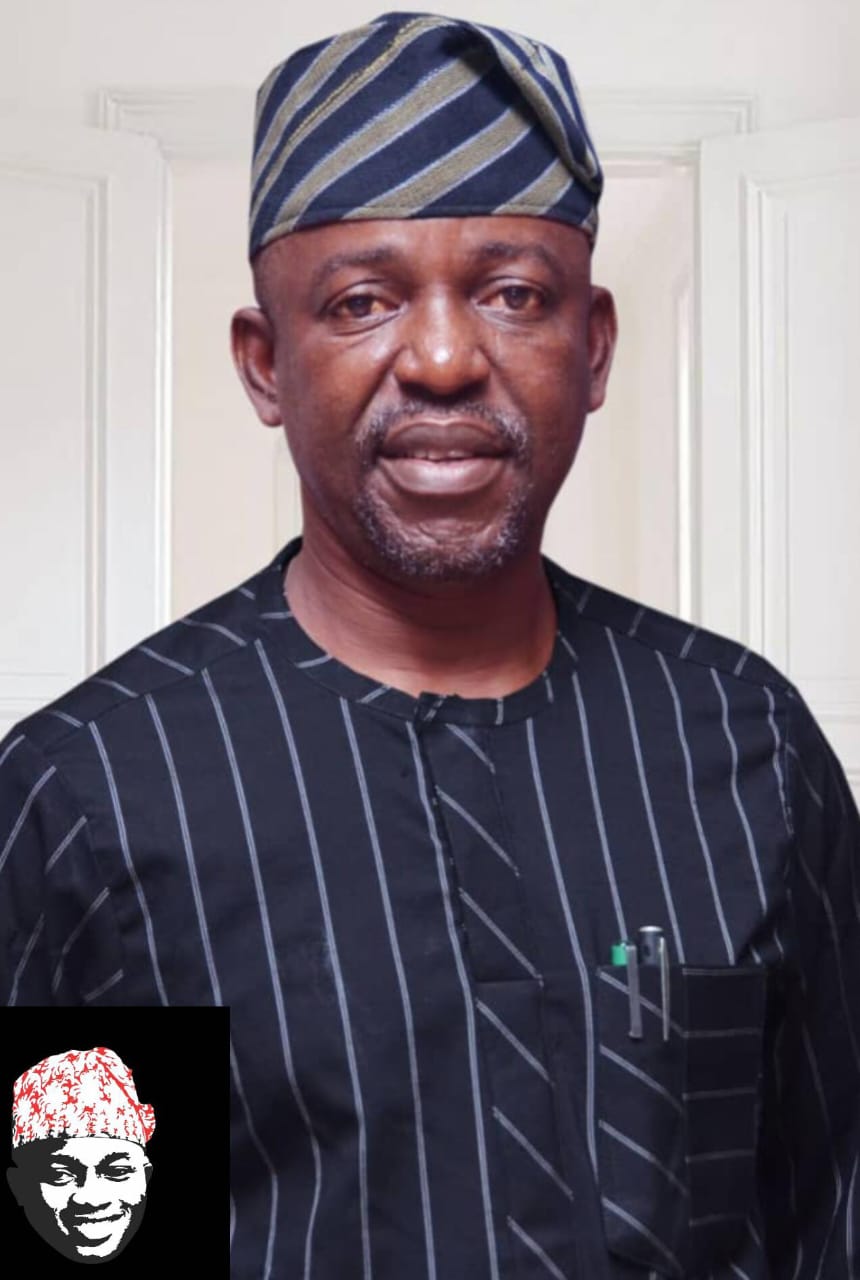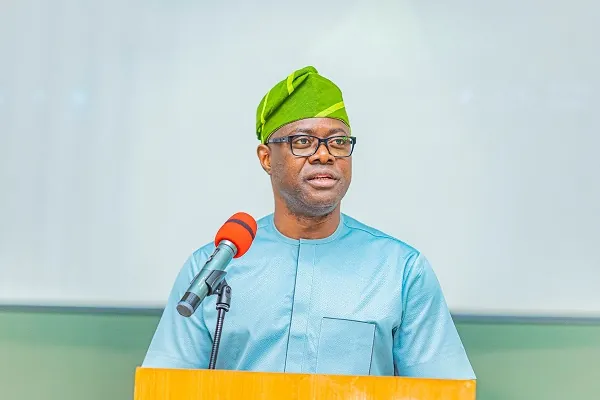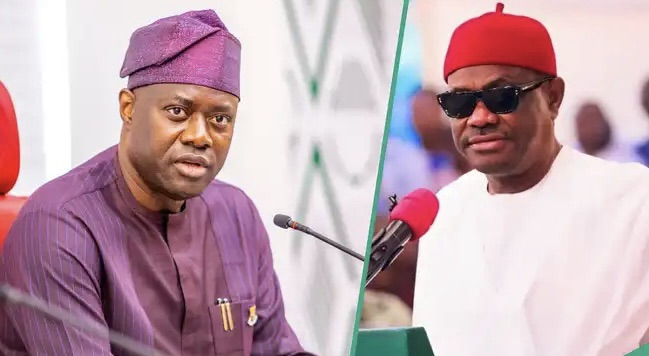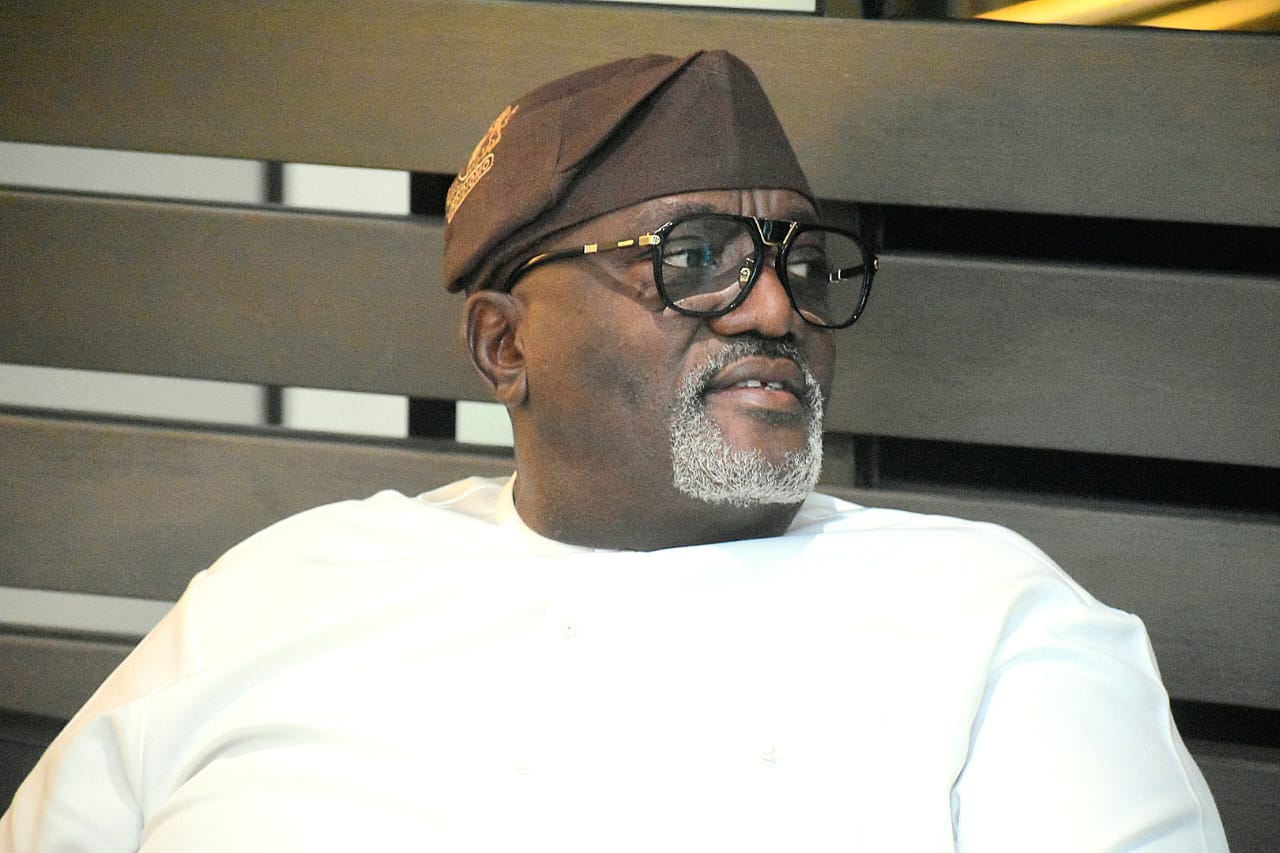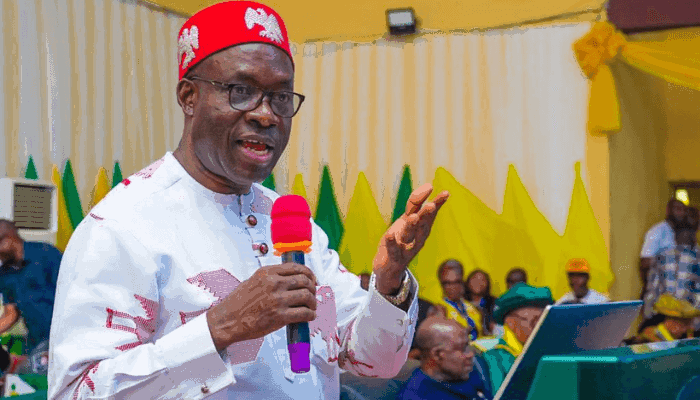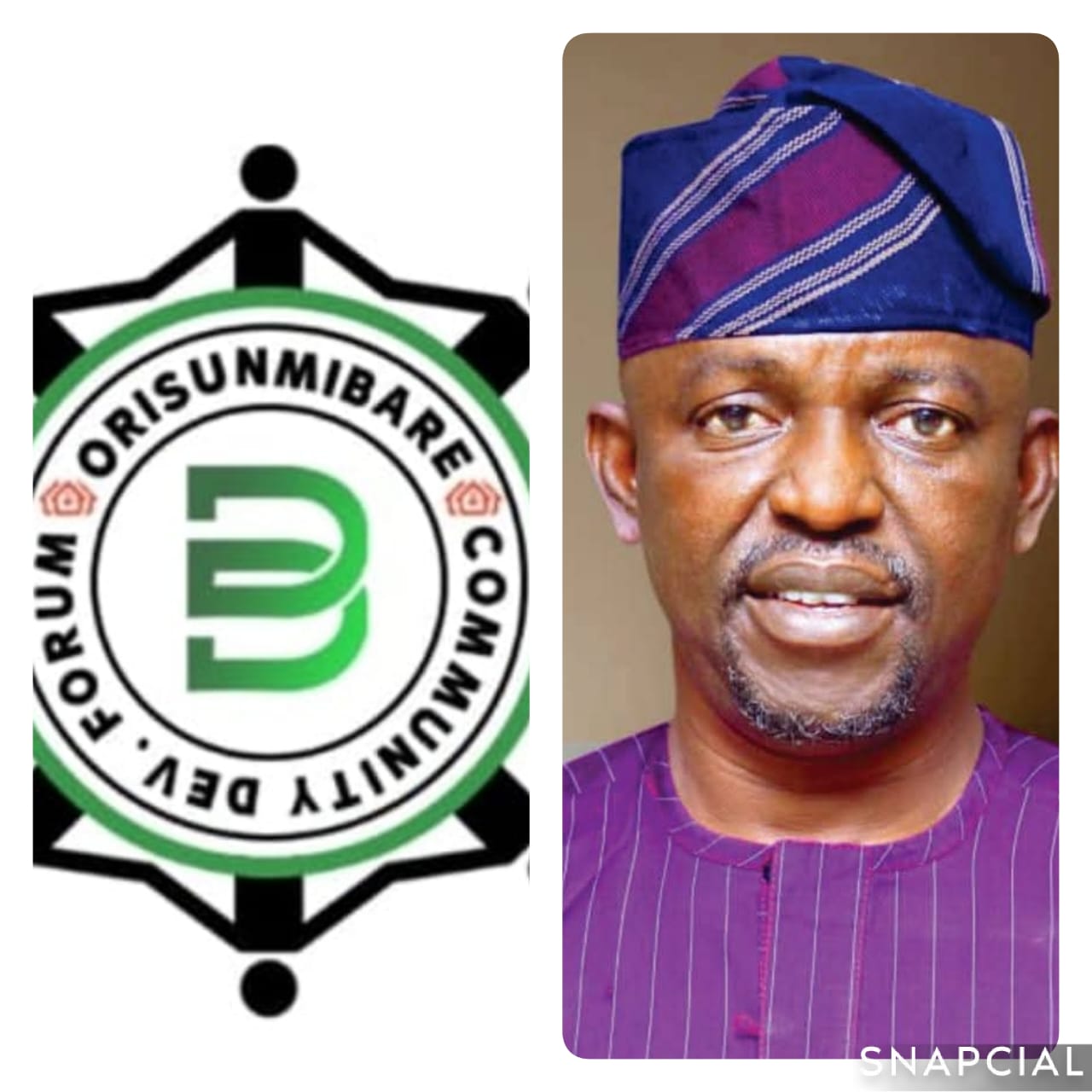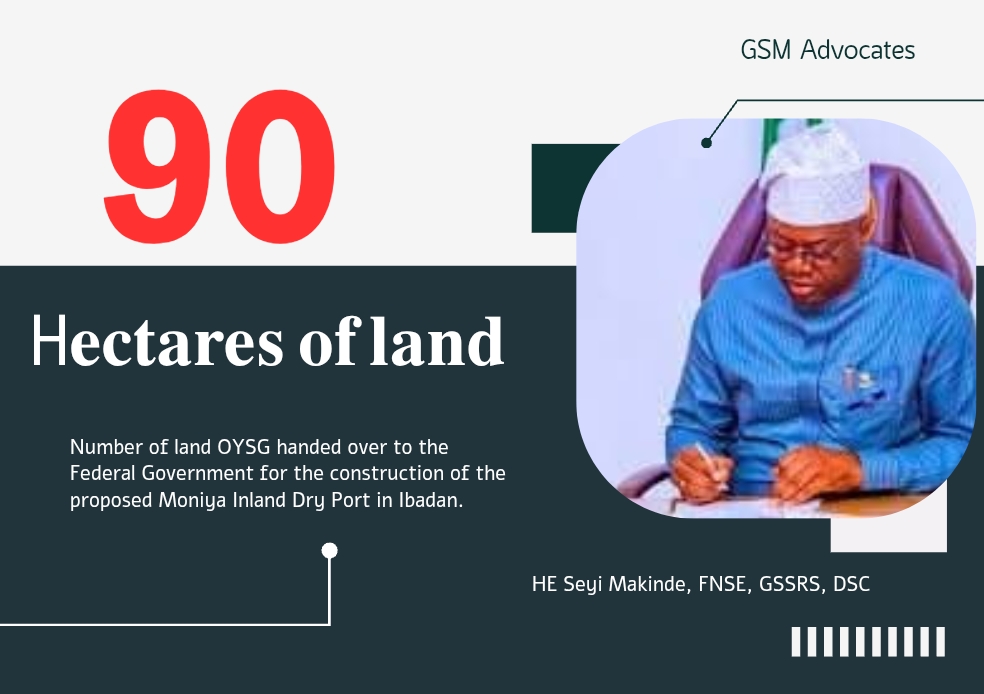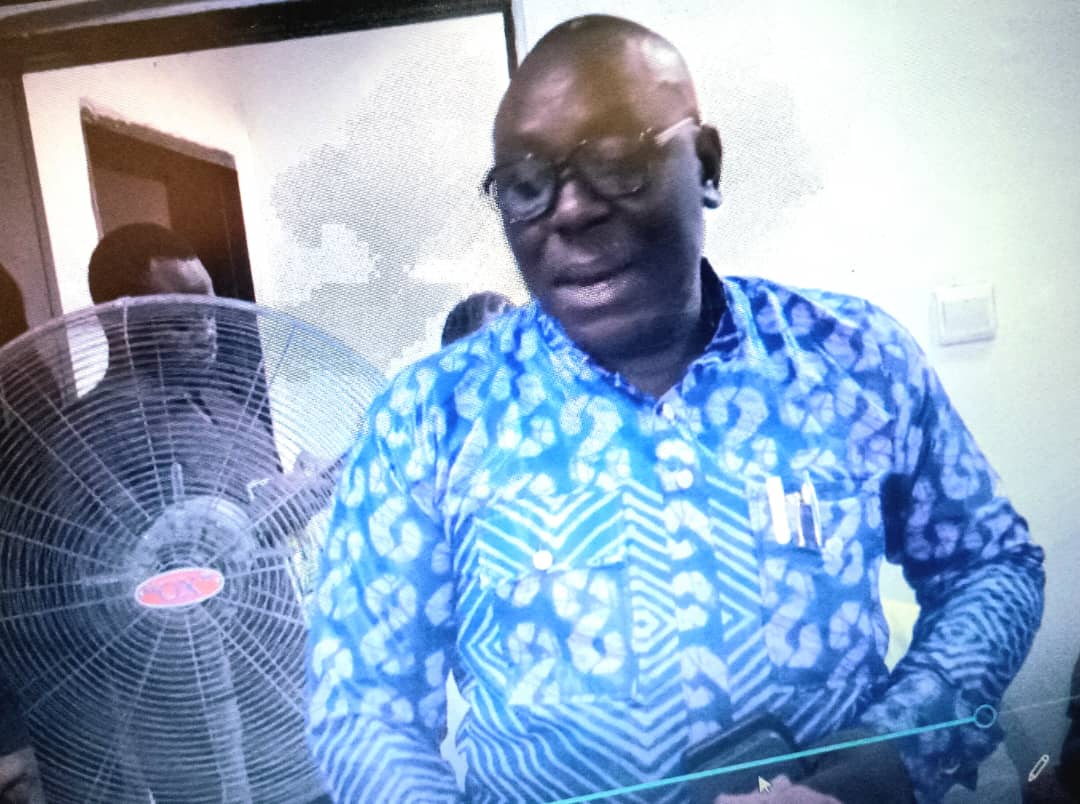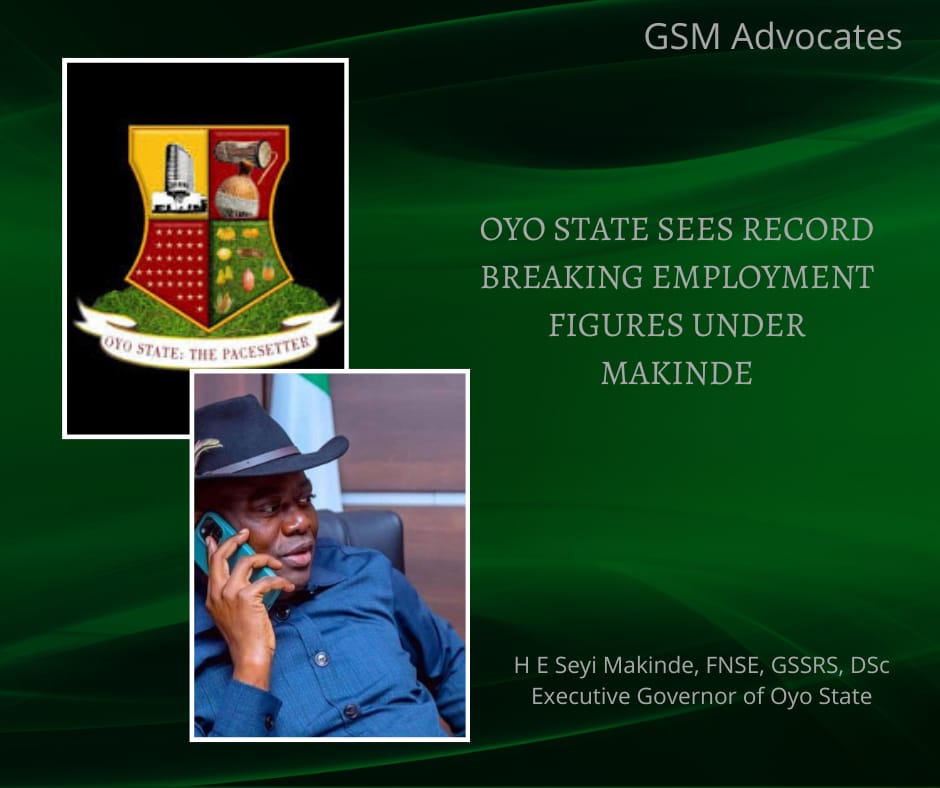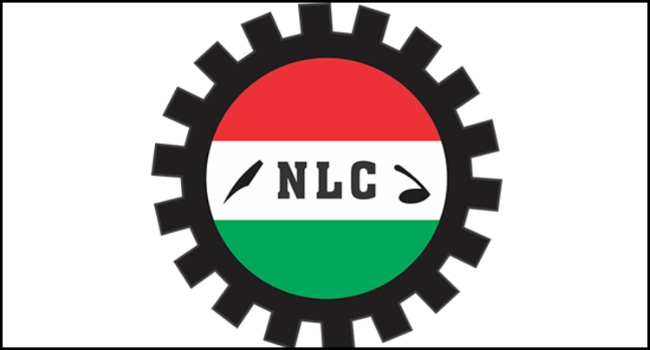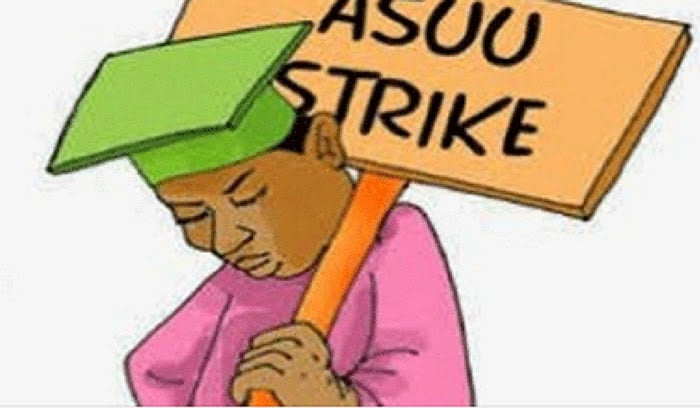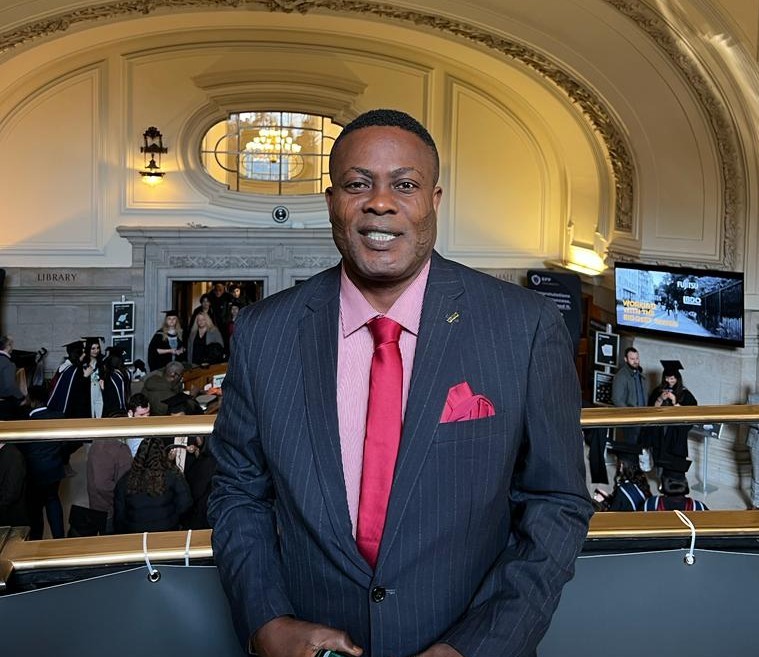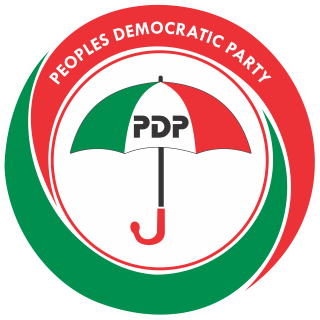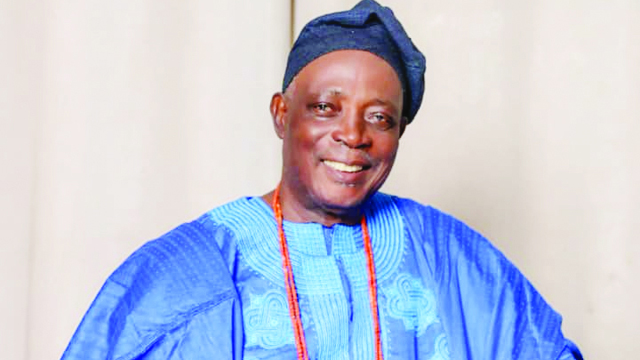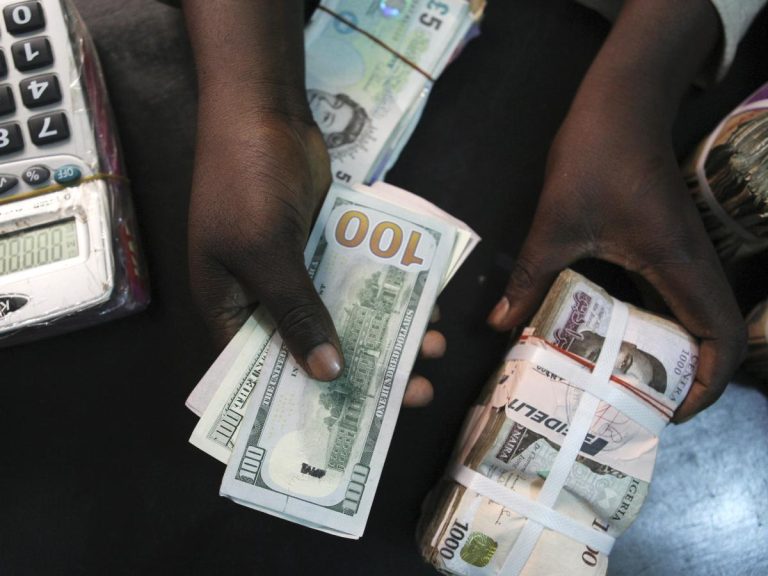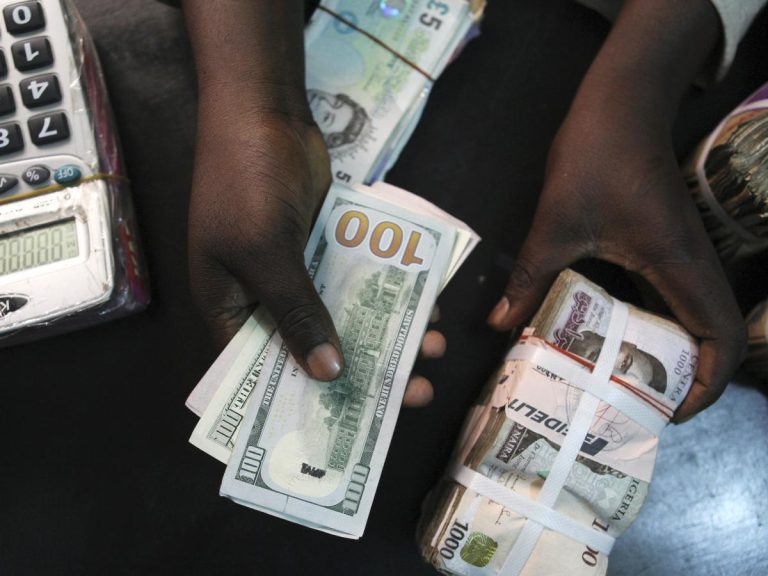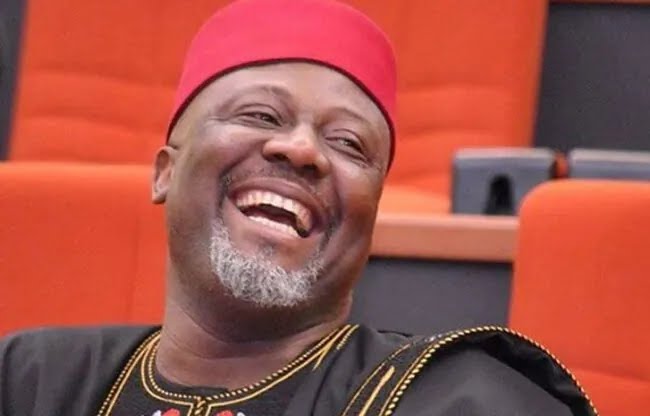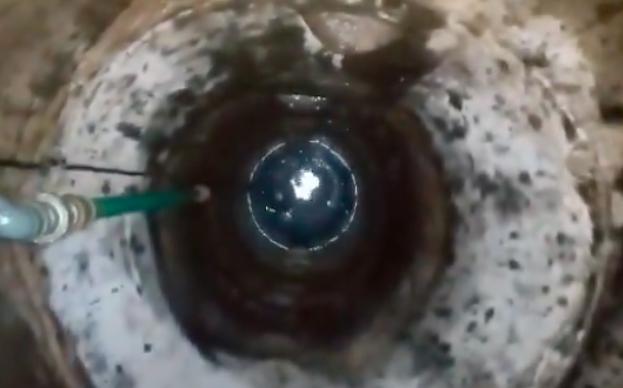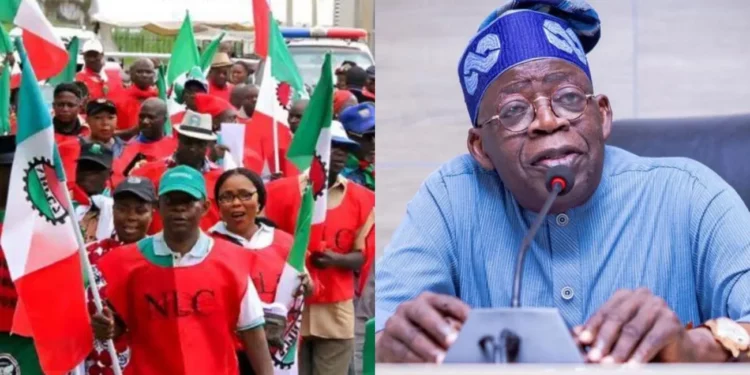Ukraine Invasion:U.S. Announces New Sanctions On Russian Banks And Country’s Elites|Read Details-Eaglessightnews
Ukraine: President Biden on Thursday Feb. 24 has issued more economic sanctions on Russian banks and the country’s elites after their attack on Ukraine eaglesighttnews gathered from the Washington Post on tweeter

President Biden on Thursday announced an unprecedented package of sanctions and export controls coordinated with European and Asian allies to punish Russia for its invation of ukraine
With the new set of penalties and a beefed up troop presence in NATO’s eastern flank, the Biden administration and allies are seeking to isolate Russian President Vladimir Putin and turn him into a pariah on the international stage. And while the penalties imposed before Thursday did not deter Putin from attacking, Biden said it was nonetheless important to strike hard in unison with allies to try to constrain Putin.
With the new set of penalties and a beefed up troop presence in NATO’s eastern flank, the Biden administration and allies are seeking to isolate Russian President Vladimir Putin and turn him into a pariah on the international stage. And while the penalties imposed before Thursday did not deter Putin from attacking, Biden said it was nonetheless important to strike hard in unison with allies to try to constrain Putin.
“If we don’t move against him now with these significant sanctions, he will be emboldened,” Biden said at the White House on Thursday afternoon. “Putin chose this war. And now, he and his country will bear the consequences.”
The United States and its allies have now targeted all 10 of Russia’s largest financial institutions through a combination of “full blocking” sanctions that choke off all transactions with U.S. entities, as well as “correspondent” sanctions that bar transactions with U.S. banks, and debt and equity sanctions on institutions holding nearly 80 percent of Russian bank assets, the White House said.
The sanctions target not only Russia’s largest state-owned banks but also a number of Russian political and business elites. They also penalize companies in virtually every major sector of the economy, including mining and minerals as well as telecommunications and railways.
What’s next for Ukraine? Our reporters answer your questions about Russia’s invasion.
No country as large as Russia, with an economy as large as Russia’s — ranked 12th, according to the International Monetary Fund — has been hit with such massive international sanctions.
“These sanctions are truly economic warfare in response to the military invasion,” said John E. Smith, former head of the Treasury Department’s Office of Foreign Assets Control, who is now a partner at the law firm Morrison & Foerster. “They are the most dramatic and powerful that we’ve seen in the post-Cold War era against a major economy like Russia.”
Biden contradicts White House on purpose of Russian sanctions
President Biden on Feb. 24 said Russian sanctions were not meant to prevent conflict in Ukraine after his administration previously said the opposite. (JM Rieger/The Washington Post)
Although the sanctions and export controls will probably not move Putin to pull his troops out of Ukraine, they will have an immediate effect on the financial sector, cause a further drop in the ruble, probably trigger capital flight, and send a powerful signal, analysts say, that much of the world opposes Russia’s stoking of the largest military aggression in Europe since World War II.
Included on the list of targets is Gazprom, Russia’s biggest gas company, which for the first time will be barred from raising capital in Western markets. Biden has attempted to stabilize financial markets by saying that energy payments owed to Russian producers are exempt from sanctions through late June, noted Brian O’Toole, a former senior Treasury Department official. Penalizing Gazprom, he said, “is the administration taking a swipe at [Russian] energy.”
Said O’Toole: “They are trying to calm markets while at the same time showing Russia that energy is not completely off the table.”
The Biden administration and allies and partners are also cutting off Russia’s access to key components like semiconductors, which are crucial to its emerging and high-tech industries. The administration is wielding a new export control — called the foreign direct product rule — that restricts the sale to Russia of semiconductors, computers, avionics and other similar products from anywhere in the world if they are made with U.S. software, tools or technology. Significantly, Canada, Australia, Japan, Britain and the European Union adapted their existing export controls to be consistent with the new U.S. rule.
“I have never seen anything like this in any context where the allies have changed their rules to be more like the United States’,” said Kevin Wolf, a former senior Commerce Department official who handled Obama administration export controls. “That shows an extraordinary amount of work and coordination with the allies.”
The semiconductor industry, which could have lobbied hard against the export controls, issued a statement Thursday saying it is “fully committed” to complying with the new rules. “While the impact of the new rules to Russia could be significant,” SIA President and CEO John Neuffer said, “Russia is not a significant direct consumer of semiconductors.”
Biden emphasized that the coalition of countries working with the United States represents more than half the global economy, and that the sanctions are “going to impose severe costs on the Russian economy, both immediately and over time.”
Added Biden: “We have purposely designed these sanctions to maximize the long-term impact on Russia and to minimize the impact on the United States and our allies.”
The Biden administration identified a number of people considered Russian elites and their family members who are being targeted by the latest sanctions. They include Sergei B. Ivanov, a former top Putin aide; Ivanov’s son, Sergei S. Ivanov, the chief executive of state-run diamond company Alrosa, which was also penalized Thursday; Igor Sechin, a close Putin ally who runs the Russian oil giant Rosneft; and VTB Bank executives Andrey Puchkov and Yuriy Solviev.
Biden noted that the partners joining with the United States include the 27 members of the European Union, including France, Germany and Italy, as well as Britain, Canada, Japan and Australia. “We will limit Russia’s ability to do business in dollars, euros, pounds and yen, to be part of the global economy,” as well as their ability to finance their military, he said.
Stocks claw back after Russia’s attack on Ukraine roils markets
The United States is targeting Sberbank, Russia’s largest bank that, by itself, Biden noted, holds more than a third of Russia’s banking assets. Washington is also penalizing Russia’s second-largest bank, VTB, not only freezing its assets but cutting it off from all transactions with U.S. companies, individuals and other entities.
With Thursday’s actions, he said, “we’ve now sanctioned Russian banks that together hold around $1 trillion in assets.”
Edward Fishman, an adjunct fellow at the Center for a New American Security and a former State Department official who worked on sanctions in the Obama administration, said the sanctions imposed Thursday will not only “cause immense financial dislocation but also signals that no sector of the Russian economy is off-limits.”
The sanctions have caused concerns about spillover effects among global banks, Smith said. But most have learned to spread their risks. So, he said, despite some hit to their bottom line, “it should be manageable by most.”
Announcements of new sanctions also came from leaders of other Group of Seven nations, after Ukrainian President Volodymyr Zelensky appealed to foreign leaders to impose far-reaching penalties on Russia.
“If you don’t help us, if you don’t help us powerfully, then tomorrow war will be knocking on your doors,” he warned.
World leaders react to Russia’s attack on Ukraine: ‘A dark day for Europe’
British Prime Minister Boris Johnson said Thursday that Britain would impose sanctions on more than 100 entities, companies and individuals, and freeze the assets of five Russian oligarchs with close ties to the Kremlin. All major Russian banks will have their assets in Britain frozen and be excluded from the U.K. financial system, he said.
Canadian Prime Minister Justin Trudeau announced sanctions targeting 58 individuals and entities. Canada will no longer issue export permits for Russia and has canceled hundreds of existing permits worth more than $545 million in U.S. dollars.
A slate of new European Union sanctions against top Russian officials, companies, lawmakers and “leading propagandists” took effect late Wednesday. E.U. leaders agreed to a second round of sanctions Thursday evening that freeze Russian assets in Europe, block Russian banks’ access to European financial markets and limit Russia’s access to key technologies.
Not on the table in Europe, according to Biden: excluding Russia from the Society for Worldwide Interbank Financial Telecommunication (SWIFT), a secure messaging system that connects thousands of financial institutions around the world.
In any case, analysts — and Biden himself — say that cutting Russia off from SWIFT is not as impactful as full blocking sanctions on Russia’s largest banks. “The sanctions we’ve imposed exceed SWIFT,” Biden said.
Congressional Republicans — and some Democrats — urged Biden to take further action, including personally penalizing Putin.
“Ratchet the sanctions all the way up. Don’t hold any back,” said Senate Minority Leader Mitch McConnell (R-Ky.).
For his part, Biden declined to say Thursday whether he plans to penalize Putin, saying only, “It’s on the table.”
Putin told state media on Thursday that Russia was prepared for new sanctions and restrictions.
William Booth in London, Emily Rauhala in Brussels, and Claire Parker in Washington contributed to this report.
Source:The Washington Post


